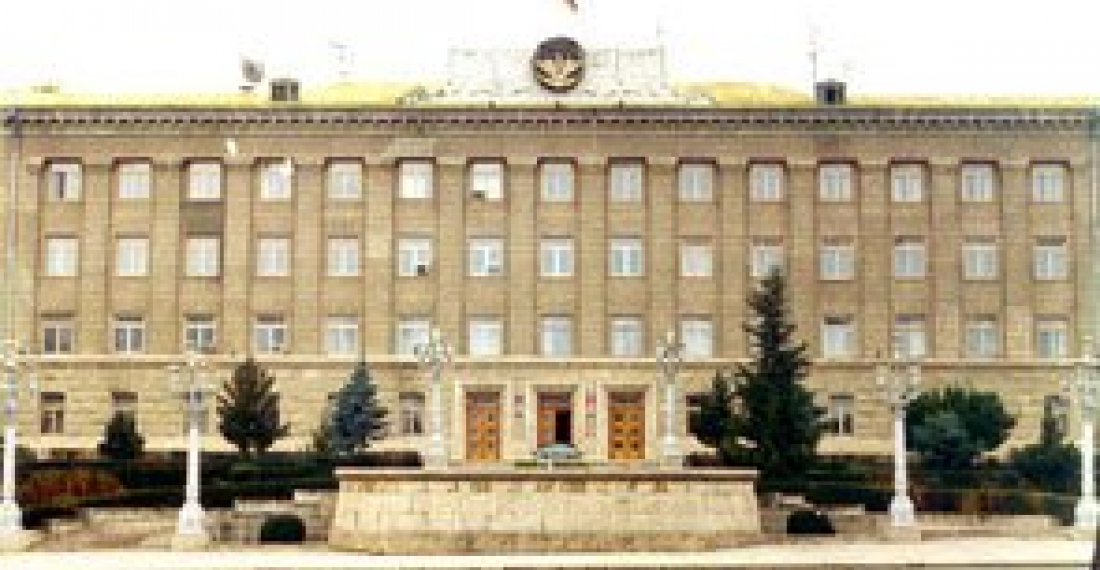Премьер-министр Армении Никол Пашинян в минувшие выходные посетил Нагорный Карабах, поскольку по поступающим данным на местах сохраняется атмосфера неопределенности также как и в ситуации на линии соприкосновения между азербайджанскими и армянскими силами в зоне нагорно-карабахского конфликта.
В субботу власти самопровозглашенной Нагорно-Карабахской Республики сообщили, что они заметили "передвижения и наращивание силы и военной техники азербайджанской армии" на линии соприкосновения в течение всей предыдущей недели. Однако это наращивание похоже связано с проводимыми в последние дни учениями азербайджанской армии. Министерство обороны Азербайджана в пятницу (15 июня) сообщило на своем веб-сайте (цитирует информационное агентство АПА), что "завершились учения, проведенные с привлечением штабов и подразделений соединений и воинских частей армейского объединения, дислоцированного в прифронтовой зоне. Как сообщает АПА со ссылкой на сайт Минобороны, к учениям были привлечены около 2000 военнослужащих личного состава, до 60 единиц танков и другой бронетехники, до 250 единиц колесной и специальной техники, до 70 артиллерийских установок разного калибра и минометов. С целью проверки подготовки войск поднятые по тревоге соединения и воинские части были выдвинуты в районы сосредоточения и приведены в степень полной боевой готовности."
Так же сообщается, что "в соответствии с оперативной обстановкой учений войска выполнили задачи по отражению наступления противника, нанесению ему огневого поражения и восстановлению линии обороны по выгодным рубежам."
В тот же день азербайджанские СМИ сообщили, что женщина-фермер получила ранение в ногу, предположительно, в результате стрельбы со стороны армянских сил, когда она пасли овец вблизи линии соприкосновения.
Тем временем международные усилия по посредничеству в разрешении конфликта продолжаются. На этой неделе сопредседатели Минского процесса ОБСЕ побывали в Армении. Из Москвы также сообщили, что президент Азербайджана Алиев и премьер-министр Армении Пашинян в четверг (14 июня) встретились в Москве на полях празднования начала чемпионата мира по футболу. Кремль подтвердил, что президент Путин представил двух президентов друг другу. Пашинян написал на своей странице в facebook, что состоялась встреча, но она была просто вводной и, что никаких обсуждений и переговоров не было.
В последние дни также наблюдались беспрецедентные публичные протесты в Нагорном Карабахе, и де-факто власти были вынуждены внести изменения в руководство сил безопасности, на что у граждан были смешанные реакции.
источник: commonspace.eu
фото: Здание правительства в Степанакерте







